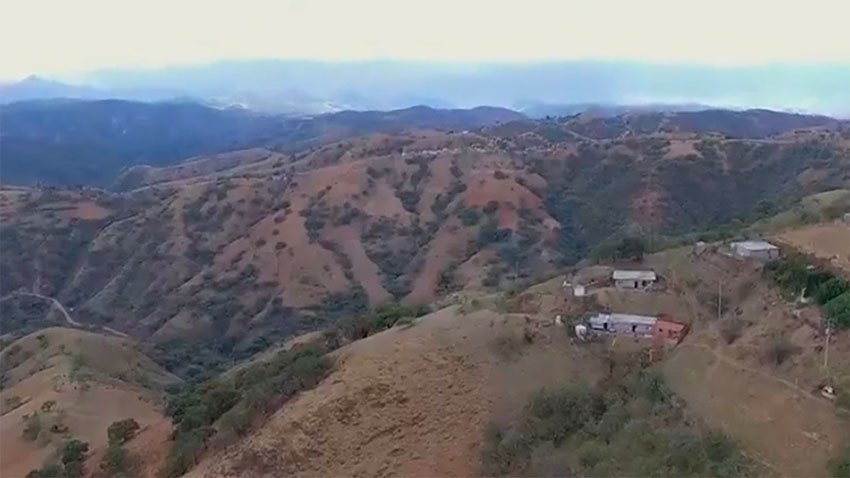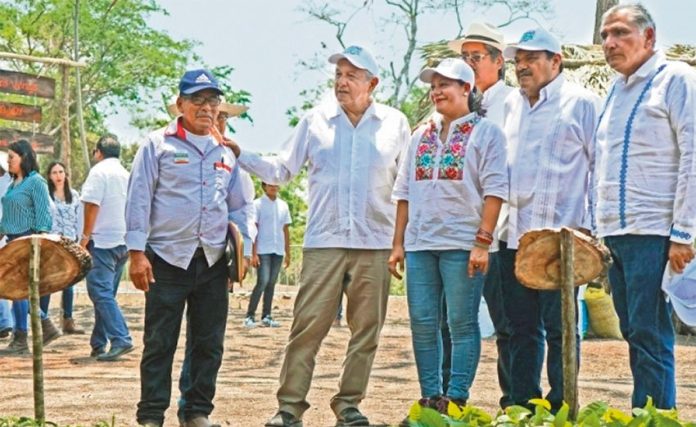Money raised by selling off assets seized from organized crime will be given to Mexico’s poorest municipalities, President López Obrador said yesterday.
“We’re going to begin by giving [the money] we obtain from the sale of luxury cars to the poorest municipality in the country” the president said at an event in Balancán, Tabasco.
One such auction will be held next Sunday at the former presidential residence, Los Pinos, in Mexico City.
Prestige cars seized from criminal gangs as well as two SUVs given to the government by the King of Jordan will go under the hammer, López Obrador said. “All the cars will be sold,” he declared.
The auction is expected to generate around 30 million pesos (US $1.6 million) in revenue.

López Obrador didn’t specify which municipality is the poorest in the country but according to social development agency Coneval, it is Santos Reyes Yucuná in Oaxaca.
However, Mayor Alberto Adelfo Martínez said he hasn’t received any notification from the federal government that the funds will be forthcoming.
“We’ve only been hearing about the issue in the news,” he said. “But I’m very happy that President Andrés Manuel López Obrador is taking the municipality into account because we need the resources.”
Martínez said the money will be used to build dams and healthcare centers and pave roads.
López Obrador also pledged yesterday that proceeds from an auction of seized properties will go to the repair of the Arroyo el Triunfo road in Balancán, a municipality about 200 kilometers east of the state capital Villahermosa.
“. . . I’m not going to forget about . . . my land,” the Tabasco native declared.
Referring to the south and southeast of Mexico, López Obrador said that “despite there being a lot of natural resources, riches, land, water, forests, jungles, petroleum, gas [and] good and hard-working people . . . this is the most abandoned and poorest region of Mexico.”
The government has made infrastructure projects in the region – such as the Maya Train and the Isthmus of Tehuantepec trade corridor – priorities, arguing that they will act as triggers of social and economic development.
To manage the sale of seized assets and distribute the money raised to municipal governments, the president said he will create by decree a new federal agency to be known as the Institute for Returning to the People What Was Stolen.
“There have been confiscations of jewelry, ranches, homes, dollars, we don’t know where it’s all going to end. Now everything that’s confiscated, whether it’s from common criminals or white-collar ones . . . will be returned to the people,” López Obrador said.
The president quipped that the cartels and corrupt politicians from whom assets are seized will be recognized on plaques placed next to infrastructure projects that are funded with their ill-gotten gains.
“Little plaques will be put in place saying: ‘[money for] this [project] was obtained from such and such cartel [or] from . . . the corrupt politician so-and-so.’”
Source: El Universal (sp), Milenio (sp)
